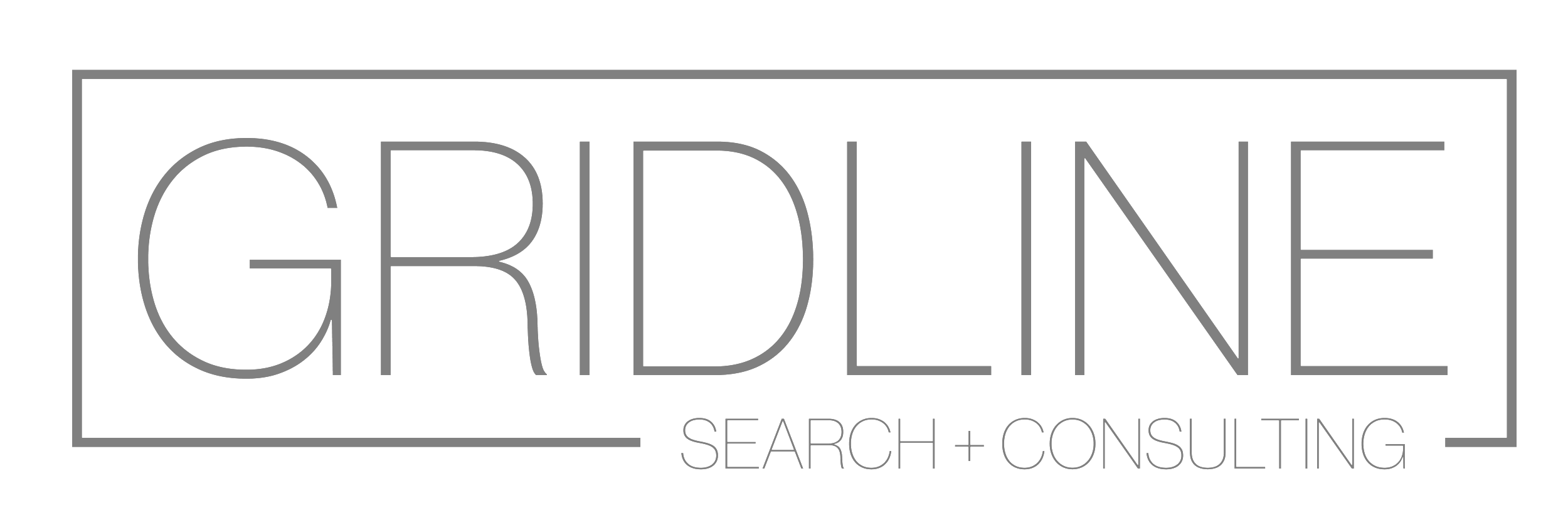Lateral moves within the legal industry are common, yet many BigLaw associates mistakenly believe that the 5th to 6th year of practice might be too late to consider a transition. Contrary to this perception, the current legal job market dynamics and evolving firm structures make this an opportune time for associates at these levels to explore new opportunities.
The conventional wisdom has shifted; where once a 5th or 6th year associate might be seen as too senior for a lateral move, firms are increasingly recognizing the unique value and fresh perspectives that seasoned associates can bring. This change is driven in part by a change to the economics for large law firms and the longer runways to advancement that we are seeing (see below).
Moreover, from the associate's perspective, it's easy to assume that after several years at a single firm, there might not be much to gain from moving to another BigLaw firm. However, this perspective overlooks the substantial benefits that a strategic lateral move can offer. Whether it's advancing to a position that aligns better with your career goals, gaining exposure to new industries, or finding a firm with a culture that fosters your leadership style, the opportunities are significant and varied.
1. Optimal Hiring Window: The BigLaw job market currently has a distinct preference for hiring associates who are in their more senior associate stage, specifically around the 5th to 6th year. Large law firms are especially eager to onboard this group due to their developed skill sets and readiness to contribute effectively, making them highly sought after. For associates at this level, opportunities are more plentiful compared to more junior positions, which are less frequently opened at the moment.
2. Advancement Opportunities: As the timeline to reach senior positions such as counsel or partner lengthens within many BigLaw firms, making a lateral move at this stage can provide a more suitable platform to advance your career. A new firm might offer a clearer or more accelerated path toward these senior roles, giving you the necessary runway to develop further and showcase your potential at a new firm that has the business need and growth in your particular practice area.
3. Strategic Industry Alignment: If your current practice limits your exposure to industries where you ultimately wish to work—particularly if you aim to transition in-house—a lateral move can strategically align your expertise with your career goals. By moving to a firm that serves your industry of interest, you enhance your prospects of transitioning to an in-house role within that sector, leveraging relevant experience and industry connections.
4. Geographic Flexibility: For those considering a geographic change, having practiced in your current state for at least 5 years opens new doors. Many states allow attorneys with at least 5 years of admission in their current state to be admitted to the bar via motion rather than sitting for another bar exam.
5. Leadership Development: As you grow in your role, you might find yourself leading more deals and matters. This creates a new and different dynamic for you compared to be a more junior contributory member on a deal or matter. If your current firm does not support or cultivate your leadership skills in a way that you would like, a lateral move can provide a fresh environment where new partners may offer the empowerment or guidance necessary for you to thrive as a leader. This is crucial for personal development and fulfilling your potential within the firm.
Making a lateral move as a more senior associate in a BigLaw firm is not merely about changing workplaces; it's about strategically positioning yourself for the next phase of your career. This move can open up new avenues for advancement, align your practice with your career goals, provide geographic flexibility, and enhance your leadership skills in significant ways.
If you're a 5th or 6th year BigLaw associate thinking about a lateral move, feel free to schedule a career advising appointment with me at calendly.com/gridline to explore potential opportunities and career pathways tailored to your goals and aspirations.




















